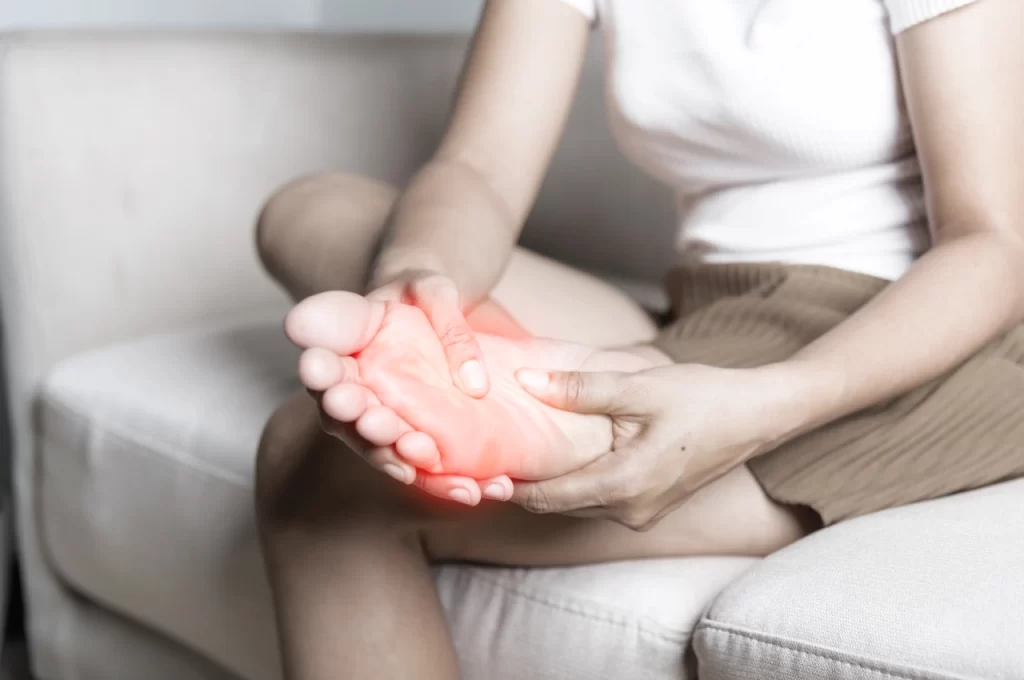Uric acid is a natural waste product that forms when the body breaks down purines, which are substances found in various foods and tissues. Normally, uric acid dissolves in the blood and is excreted from the body through urine. However, when there’s an imbalance between the production and excretion of uric acid, it can lead to a condition called hyperuricemia, where there’s an excessive amount of uric acid in the blood. This can then lead to a range of health issues, including gout and kidney stones.
Causes of Hyperuricemia:
- Diet: Consuming foods high in purines, such as organ meats, red meat, seafood, and sugary beverages, can increase uric acid production.
- Genetics: Some people may have a genetic predisposition to overproduce uric acid or have difficulties excreting it efficiently.
- Obesity: Excess body weight can lead to higher uric acid levels.
- Medical Conditions: Certain conditions like hypertension, hypothyroidism, psoriasis, and certain types of cancer can be associated with elevated uric acid levels.
- Medications: Certain medications, like diuretics (water pills) and aspirin, can affect uric acid levels.
- Alcohol: Alcohol consumption, especially beer, can contribute to elevated uric acid levels.
- Dehydration: Insufficient water intake can lead to higher uric acid concentrations in the blood.
Symptoms of Hyperuricemia and Gout:
- Gout: Gout is a type of arthritis that occurs when uric acid crystals accumulate in the joints, causing sudden and severe pain, swelling, redness, and warmth in the affected joint. The joint most commonly affected is the big toe, but gout can also affect other joints like the ankles, knees, fingers, and wrists.
- Kidney Stones: Uric acid crystals can also form kidney stones, which can lead to severe pain in the lower back or side, along with symptoms like nausea, vomiting, and blood in the urine.
- Tophi: In some cases, uric acid crystals can accumulate under the skin, forming lumps called tophi. These are often painless but can cause deformities if left untreated.
- Joint Damage: Repeated episodes of gout can lead to joint damage and deformities over time.
- Limited Joint Mobility: Swelling and inflammation from uric acid crystals can limit joint mobility and cause discomfort.
It’s important to note that not everyone with hyperuricemia will develop gout or kidney stones, and some people might have elevated uric acid levels without experiencing symptoms. If you suspect you have hyperuricemia or are experiencing symptoms related to uric acid, it’s advisable to consult a medical professional for proper diagnosis and management. Lifestyle changes, dietary adjustments, and medications can help control uric acid levels and prevent complications.

